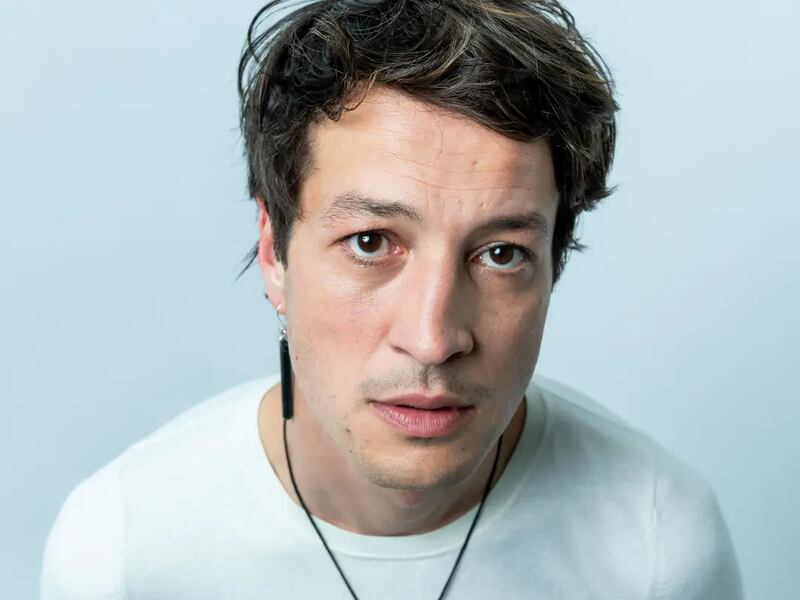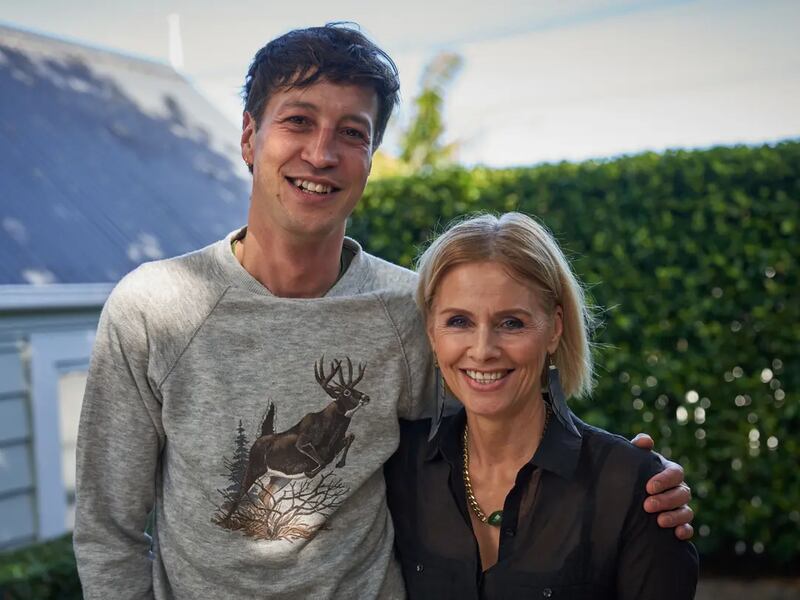This article was first published on RNZ.
After an exciting but intense decade, musician and actor Marlon Williams (Kāi Tahu, Ngāi Tai) was one of the many people who took stock of their lives during lockdown.
Since 2020, the Lyttelton songwriter has been diving deep into Māori language and culture - and this week, he released the beautiful new album Te Whare Tīwekaweka.
William’s deeply personal journey of reconnecting with his roots as he made the album is told in an intimate new documentary out on 1 May.
To summon the courage to express himself creatively in a new language, Williams tells Mihi Forbes he focused on the beauty of te reo Māori itself.
“I just leaned on that as a guiding light - the rōreka, the sweetness of the phonetics and the constructions - that helped me get through, I think.”
While he still feels like a “newcomer” to the language, his aim is to one day be able to Whakaaro Māori (think and dream in Māori).
“That’s the point right? I’ve come a little way with it through the songcrafting. Every time the penny’s dropped, it’s been a beautiful moment where some new progress has been made.”

The “deft and gracious” Lyttelton artist Kommi (aka Kommi Tamati-Elliffe) was Williams’s most important language guide and collaborator on Te Whare Tīwekaweka .
Kommi (Kāi Tahu, Te Ātiawa) had the language skills to playfully blend classical Māori with “loan words” and helped Williams craft his “poorly grammatised reo” into lyrical lines.
While writing the duet ‘Kāhore He Manu E’, he has said he heard in his head the singing voice of his friend Lorde, who appears on the record.

After accompanying the international pop star on her “really bold” 2021 te reo Māori EP Te Ao Marama, it meant a lot to Williams that she returned the favour.
Precision is something the musicians share a commitment to, he says.
“She was keeping me in line with [Māori] pronunciation sometimes.”

Over the four years he spent crafting songs on Te Whare Tīwekaweka - at home and on tour - Williams found it easiest to try and ignore that he was being followed and filmed by Ursula Williams (no relation) for the documentary Ngā Ao E Rua – Two Worlds.
“I didn’t want to get too involved in looking behind the camera because otherwise I’d get into a weird feedback loop.”
While he’s hopeful the doco will inspire other people to imagine their own cultural and creative “adventures”, he personally can’t watch it with his eyes uncovered.
“A lot of people who know me really well think that it’s pretty bang on and represents me pretty well, which is both a good thing but also really scary, that they sort of nailed something in me.”

During the pandemic, Williams says he realised that “constantly going and going” was actually a choice, and he could choose otherwise.
At 34, he’s now trying to find “a few different paces to run at” - and, recently, paddle at.
“I bought a kayak.”
On 10 April, Marlon Williams kicks off an international tour with sold-out shows in New York, LA and London.
Watch the trailer for Marlon Williams: Ngā Ao E Rua – Two Worlds here.
Article written by RNZ.



